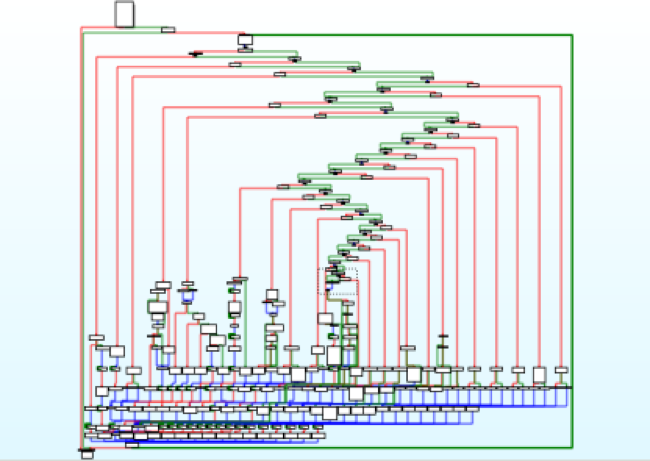It's pretty cool, I would try implementing something similar using TRACR and also look for circuits in bigger / other models. This might indicate what is crucial for the computation. Maybe this graph is invariant across different models due to its success, or it is actually completely different for some other reasons -> Both results would be super interesting and give evidence to a fundamental question of MI: 'to what extent can we study toy/small models to learn how large models work?'
I will also add, that often when you reverse software you end up with a computational graph and its structure alone is enough to give insights of the computation.




